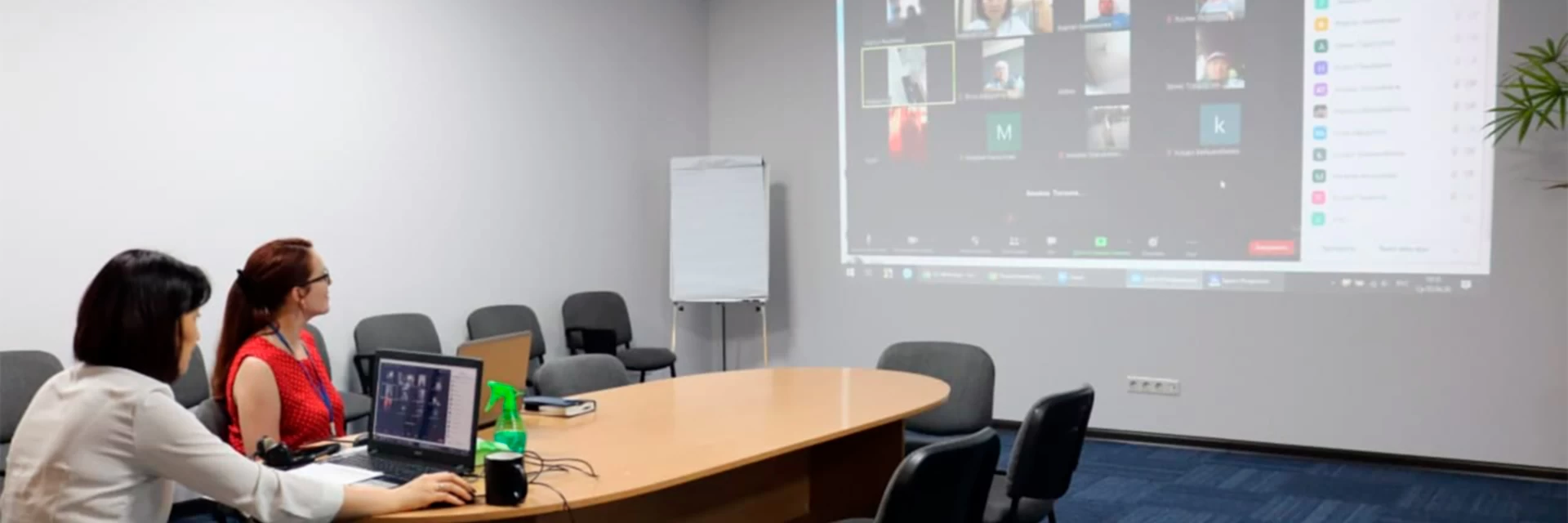Topic-focused interactive discussions, involving a demographically diverse group of people, provide insights on public opinion and reactions on a given idea, concept, or theme.
The FGD method is widely used in social sciences, enabling to obtain trustworthy data in such spheres as education, politics, economic, healthcare, marketing, social psychology, and anthropology.
Discussions are led by an experienced moderator with a psychological or sociological background, helped by assistants. The discussions are thoroughly prepared and planned, with detailed guidelines and instructions. Methods such as questionnaires, projections, and situation modeling guarantee reliable research results.
Groups are composed of no more than 10 interested participants, selected in accordance with the research goals, and the discussions last for up to three hours. Selection of FGD participants can also be done through random sampling or the snowball method.
For quality control purposes, the discussions are recorded on audio and video and supervised in a mirror room. In specific cases, focus groups can be conducted online.

